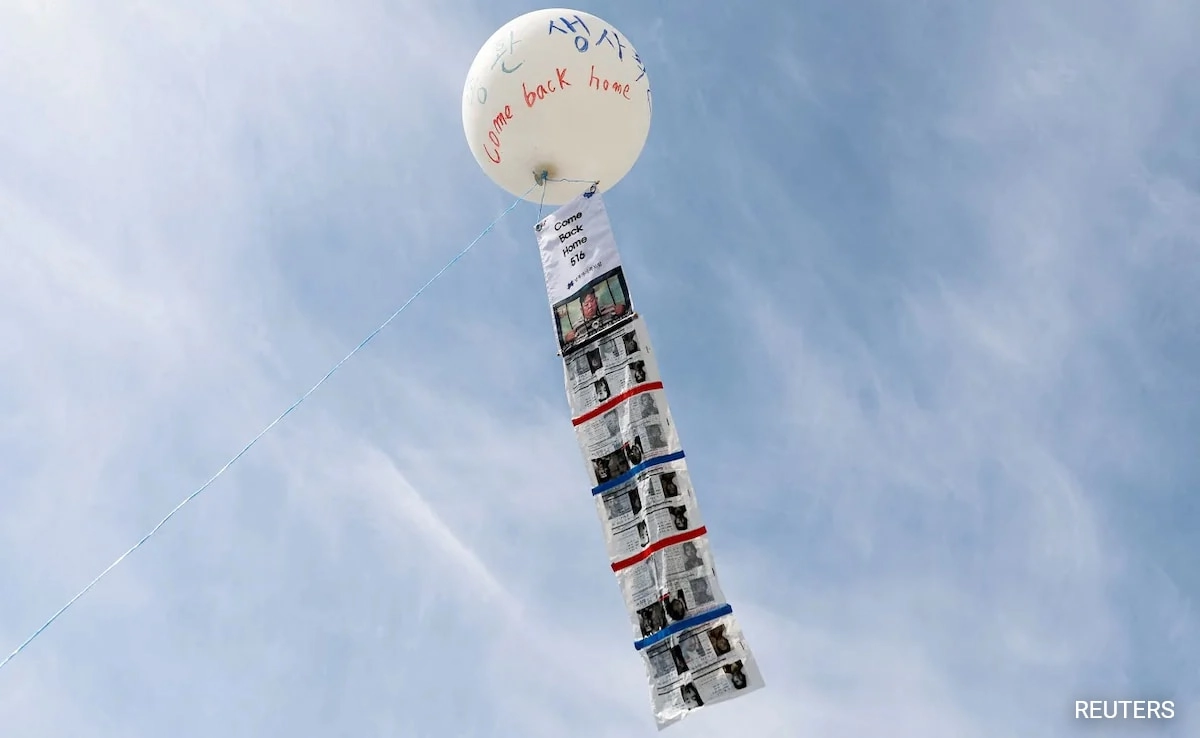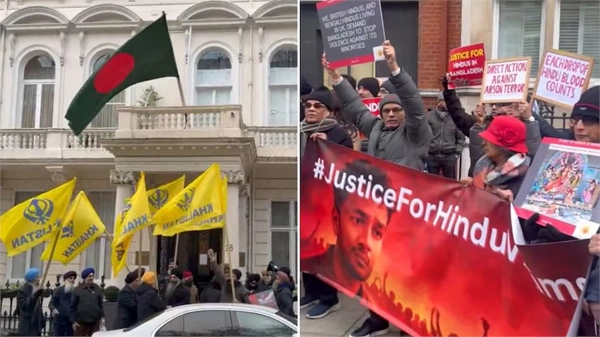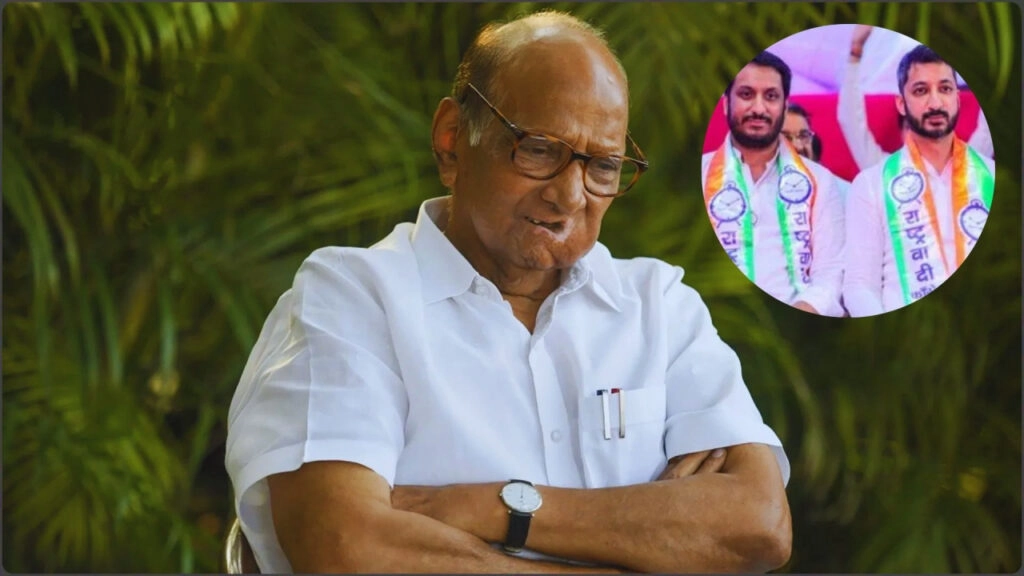In recent months, South Korea has intensified its crackdown on anti-North Korea activists, particularly targeting those who have been sending balloons across the border as a form of protest and communication. These activists, often motivated by a desire to expose the North Korean regime’s human rights abuses and to spread information about the outside world, have utilized balloons to carry leaflets, food, and other materials into North Korea. However, the South Korean government has shifted its stance amid rising tensions on the Korean Peninsula, citing national security concerns and the need for stability in inter-Korean relations.
The crackdown on balloon launches has raised significant controversy among various stakeholders. Proponents of the balloon campaigns argue that they serve as a crucial means of informing North Korean citizens about their rights and the realities of life outside their isolated country. They contend that restricting these activities infringes on freedom of expression and undermines efforts to support North Korean citizens who are yearning for change. On the other hand, government officials express concerns that such actions could provoke Pyongyang, leading to military escalations or retaliatory measures against South Korea. This delicate balance between advocating for human rights and maintaining peace with the North poses a challenging dilemma for South Korean authorities.
In addition to the governmental crackdown, activists have faced increasing hostility from various factions within South Korea. The public sentiment is divided, with some citizens supporting the government’s measures to prevent potential provocations from the North, while others view the censorship of balloon launches as a betrayal of the fundamental rights of expression and dissent. This division highlights the broader societal debates regarding the approach to North Korea, where many South Koreans grapple with the complexities of reunification, security, and human rights. As the situation unfolds, it remains to be seen how these tensions will impact the broader dynamics of inter-Korean relations and the future of activism aimed at promoting change in the North.




